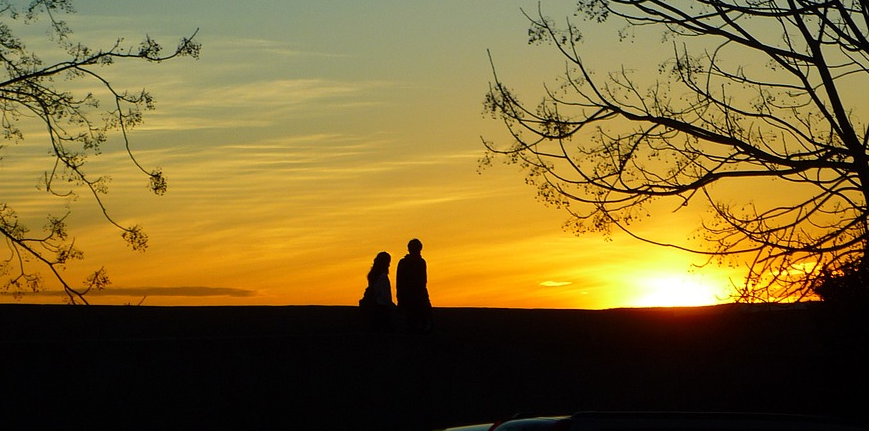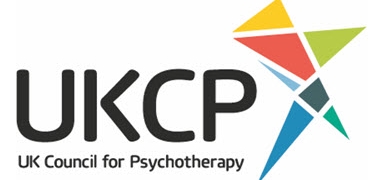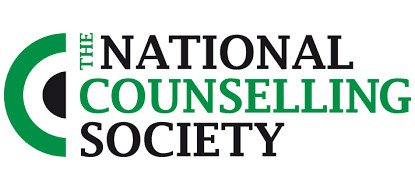What does relationship counselling involve?
/When we aren’t getting what we need from our relationships we can lose track of not only the relationship we thought we had but who and where we are as individuals. When things are not going well with the person you are closest to and most intimate with, there may well be a loss of confidence which can spill over into other areas of your life.
Perhaps you are bored in your relationship or fed up of constantly bickering with your partner. Maybe there is a crisis point that has to be addressed: an affair or betrayal of trust; differing sex drives or needs; money problems; issues with children, parenting or in blending families. It may simply be that there is something missing in the relationship that you can’t quite put your finger on but that you want to try to resolve.
For whatever reason, sometimes relationships don't go as smoothly as hoped. Relationship counselling is here to help.
Going to relationship counselling
Beginning any counselling can be pretty daunting and going in as a couple is potentially even more so. Relationship counselling may not necessarily take your relationship to where you might expect - in fact it may well lead to exploring the possibility of not being in a couple any more. Counselling can feel fairly ‘exposing’ and this may be difficult at first if you are not used to this type of communication.
Relationship counselling can in many ways be more rewarding than individual counselling. That you have both agreed to come along shows that you care about each other enough to come and put yourself in an intimate and potentially exposing situation which may well lead to feelings of vulnerability. There may be feelings of rivalry over whose ‘side’ the counsellor will take, and it may help to bear in mind that the counsellor’s client in this case is not one individual or the other but the relationship itself.
Getting over the ‘hump’ of actually walking into the counselling room can be the hardest part. There is a feeling of optimism and hope in coming to counselling and in exploring your shared experiences.
What might be talked about in relationship counselling
Whilst each individual’s perspective of course needs to be taken the focus is always on the relationship itself.
We will talk about what was it that drew you together in the first place as well as what you would like the relationship to look like moving forwards. You were able to cooperate together to build the relationship, to set up a home together and embark upon family life, so what other strengths do you already have in your relationship? You also coordinated to attend counselling together – what is it that brings you both to counselling now?
Relationship counselling will help you understand your strengths as a couple and gain better insight into your relationship. Couples that undertake counselling should be proud regardless for making the effort together.
Following sessions will explore each of your family backgrounds and I’ll draw up a family tree or genogram. This gives a picture of any significant events and can show patterns, similarities and differences in the families you grew up in.
How relationship counselling can help
Counselling provides you with a caring, confidential, safe and supportive space to talk. It can really help to speak with someone who Is completely separate from your relationship. There will be some hard work involved but we will work together, collaboratively.
What it will do is give you the tools to be able to deal with conflict, to communicate more effectively and to have a more positive relationship not only with the person you walked into the counselling session with, but in all your relationships.






